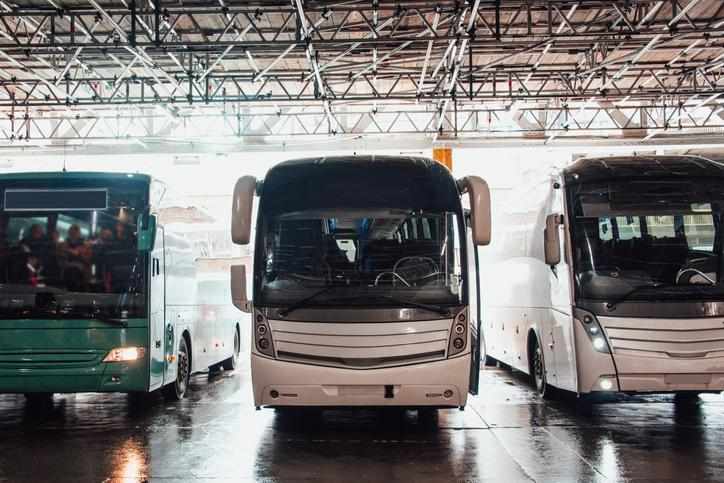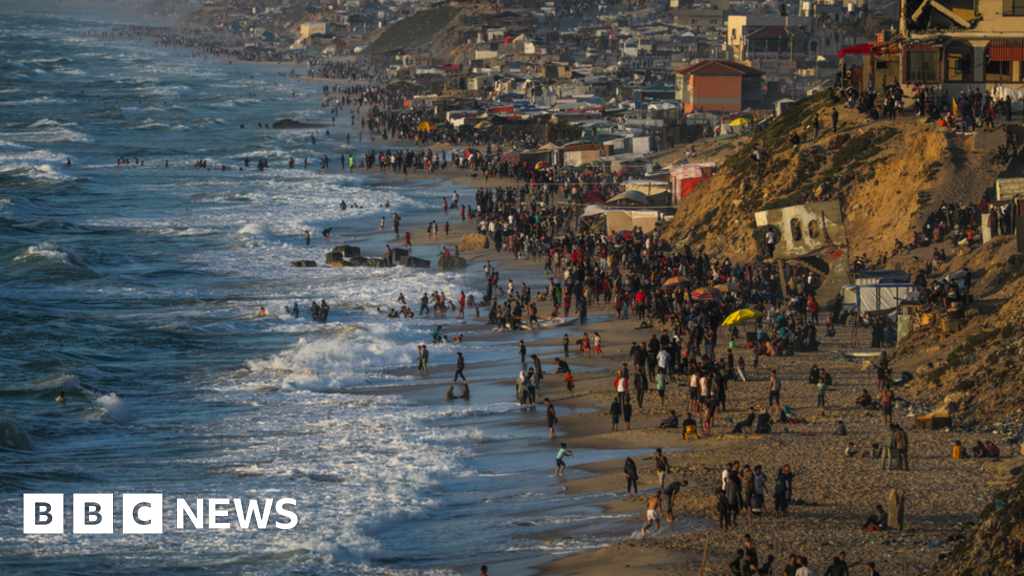Europe’s produce at stake in Spain’s water war
- Date: 03-May-2023
- Source: Zawya
- Sector:Financial Markets
- Country:Egypt
Europe’s produce at stake in Spain’s water war
Spanish farmer Juan Francisco Abellaneda's salads and watermelons fill the shelves of European supermarkets winter and summer. But maybe not for much longer.
The tap that turned the arid semi-desert of southeastern Spain into Europe's market garden may be about to be turned off, threatening the intensive farms that feed much of the continent.
Spain is the EU's biggest producer of fruit and vegetables, and almost half of its exports are grown by farmers like Abellaneda, the crops irrigated by huge transfers of water from the River Tagus hundreds of kilometres (miles) to the north.
But with climate change hitting Spain hard, and three-quarters of the country at risk of desertification, the government has decided to limit the flow of the dwindling waters of the Tagus to the southeastern Levante.
The level of the Iberian peninsula's longest river has been dropping dangerously, to the point that in some places it is possible to cross its dried-up bed by foot in summer.
Just like Egypt's shrinking Nile and the Tigris in Iraq, the right to draw on the waters of the Tagus -- which crosses into Portugal before flowing into the Atlantic -- has become a political hot potato.
The debate is getting even more heated in



















